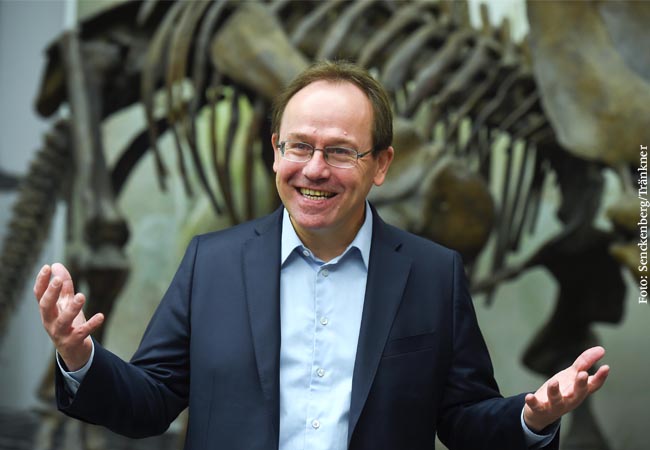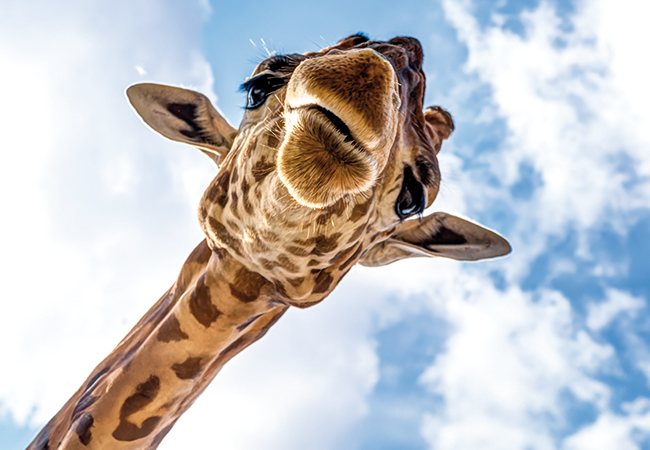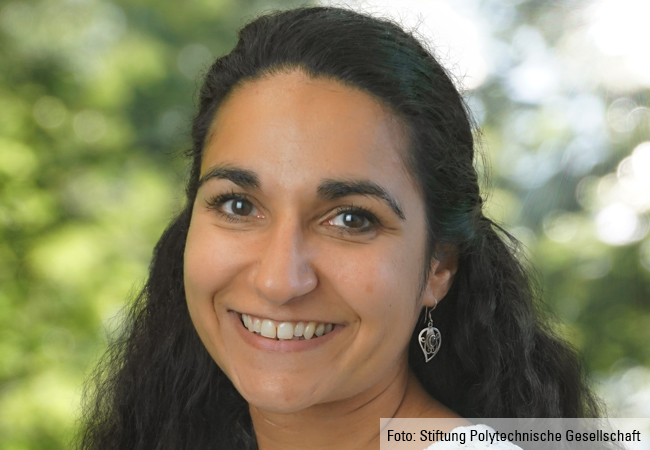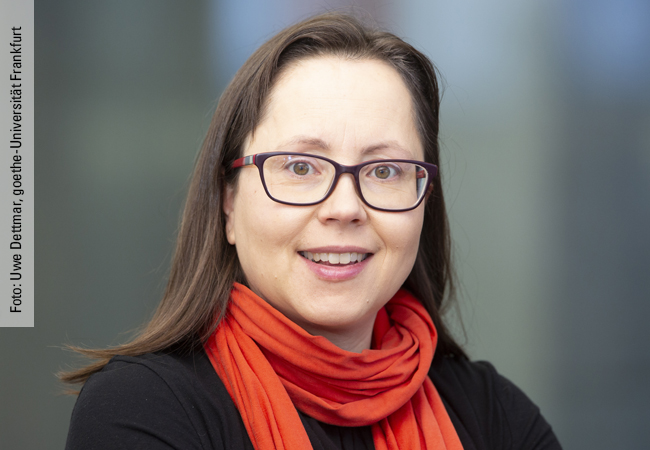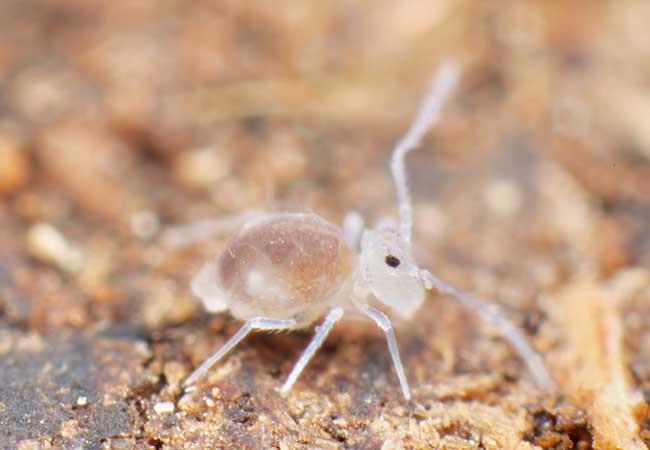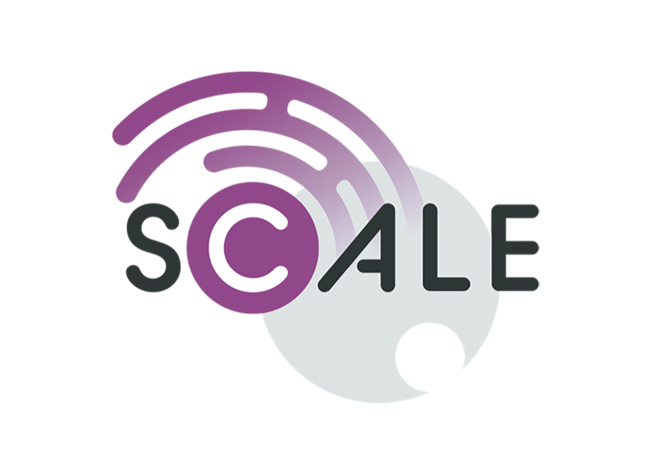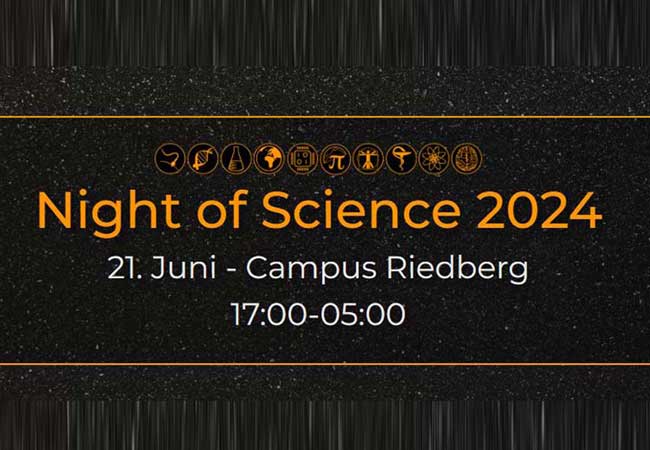Klement Tockner is the new director general of the Senckenberg Society for Nature Research
For Klement Tockner, one thing is certain: “Quality is not negotiable. The Senckenberg Society must conduct research at the highest possible quality level in a global comparison.” There is no doubt in Tockner’s mind that it is capable of this, thanks especially to its team and his predecessor, Volker Mosbrugger – Austrian-born Tockner has been director general of the “Senckenberg Society for Nature Research” since the beginning of the year. For him, Senckenberg plays in the “Champions League of the biosciences and geosciences”, making it his task to further advance cutting-edge research and thus ensure that it is never in danger of being ‘relegated’. “At the same time, I must and would like to expand the dialogue between science and society,” adds Tockner, “so that Senckenberg contributes to finding solutions for the major challenges facing our society.”
Closer to research
In becoming director general of the Senckenberg Society, Tockner is, in a way, settling between the extremes of his biography to date: After his doctoral degree (on the ecology of the Austrian Danube), he spent seven months in Africa as a water management consultant. He was a researcher at ETH Zurich as well as in Japan and the USA before becoming head of the IGB Leibniz Institute of Freshwater Ecology and Inland Fisheries in 2007, in combination with a professorship for aquatic ecology at the Free University of Berlin. Nine years later, Tockner’s career changed direction completely: He was elected as president of the Austrian Science Fund (FWF) and was from then on Austria’s highest-ranking science manager. “I will also play an active role in science management at Senckenberg,” says Tockner, but adds: “However, I will be much closer to research because Senckenberg’s focus on biodiversity, geology and climate change matches my own research topics far more closely.”
This includes the question of how natural ecosystems function: In what way, for example, the species and number of organisms living in a river are dependent on the conditions there. “I ask myself, for example, why a particularly large number of different animal species live in a near-natural river,” explains Tockner, “and how human interventions make an impact, for instance when the river is dammed or straightened.” Using this as a starting point, he explores where action needs to be taken in order to restore and protect damaged systems.
In this context, not only is Tockner the researcher concerned with biodiversity but Tockner the science manager with diversity in research too. “I would like, as director general of the Senckenberg Society, to support this diversity,” he says. He sees it as the basis for creativity and innovation, “after all, innovation very often starts from the edges of a community and not from the centre.” This makes it all the more important, he adds, to continue to develop Senckenberg and its research facilities, where diversity and openness are valued and fostered.
Strengthening research diversity also means that, under Tockner’s leadership, scientists will increasingly conduct research at the fringes of their own specialised disciplines or collaborate across disciplines – as he himself does at the interfaces between ecology, geomorphology and hydrology. However, for him this is not simply a question of personal preference: “First and foremost, I must, of course, as a scientist excel in my own discipline. But after that, collaborating with specialists from other disciplines is unavoidable. Today’s challenges are too complex to be solved by a single discipline,” he says.
In his opinion, current and future challenges necessitate collaboration not only across the boundaries between disciplines but also across national borders. “That’s why I would also like to boost internationalisation at Senckenberg even more,” says Tockner; this change will particularly benefit those partnerships intended to bolster Senckenberg’s contribution to the ‘European Green Deal’, for instance the plan to reduce net greenhouse gas emissions and the erosion of natural capital in the European Union to zero by 2050.
As far as internationality is concerned, Tockner himself sets a good example. He is an elected member of the Leopoldina (the German National Academy of Sciences) and the Austrian Academy of Sciences as well as belonging to several international scientific committees – on various councils and advisory boards worldwide, he advises academic research institutions interested in strategic development, such as currently the National Institute for Environmental Studies, Japan (NIES) and the “Biology Centre” of the Czech Academy of Sciences as well as (in the past) institutes in Canada and Spain.
And he has several other balls in the air at the same time – he is on the editorial boards of scientific journals. “Sometimes I really do feel like a juggler circling balls through the air,” he says, “that’s okay – after all, that’s the job I’m trained for.” But there is one thing he is keen to stress: “I’m not a gambler or a charlatan.” If a juggler drops a ball, all the other ones end up on the floor soon afterwards. For the juggler, this is not too much of a problem; he picks them up and carries on. “I, on the other hand, bear a lot of responsibility for my activities, I have to be very careful with all the balls. However, I don’t see this responsibility as a burden but rather as a great privilege and a reason to be happy,” says Tockner.
Reacting to abrupt losses in biodiversity
In addition to a more international focus, he wants to accompany the Senckenberg Society through a second major change: “We have to prepare ourselves for the fact that in a few years’ time science will take place practically in real time – this also applies for the disciplines in which Senckenberg is working,” he says, “similarly to what we’re currently observing in the development of a COVID-19 vaccine.” He sees an advantage here: If changes in biodiversity can be spotted immediately, then this represents a kind of “early warning system”. “Research into the correlations between human influences and changes in biodiversity is improving all the time. This allows us to react to abrupt losses in biodiversity virtually without delay in order to stop this trend or at least limit the negative consequences – as far as this is still possible.”
Although Tockner indeed wants to highlight new areas at Senckenberg, with its seven research institutes and three important museums (Frankfurt, Dresden, Görlitz), he is at the same time also enthusiastic about something that has been part of it since its foundation over 200 years ago: The active involvement of citizens. “The Senckenberg Society was founded as a ‘civic society’ by Frankfurt citizens with an interest in science, and it has remained so to this day,” says Tockner. Senckenberg is firmly anchored in Frankfurt society, has almost 7,000 members, and citizens can participate in research projects where suitable, he says, adding enthusiastically: “It’s precisely the interaction of all three parts – institutes, museums, civic society – that makes Senckenberg unique worldwide.”
However, holding its ground as a lone wolf in the German research landscape would be difficult for a unique institution too, and so setting future research priorities together with Senckenberg’s partners is an important item on Tockner’s to-do list in the near future. For example, with the other research museums of the Leibniz Association; the Senckenberg Society is the largest member in this alliance of non-university German research institutions. Or with the ‘Institute for Social-Ecological Research’, also in Frankfurt, whose researchers are working on sustainable roadmaps for politics, civil society and the economy. “And with our most important partner, Goethe University, of course,” adds Tockner.
Professorship for ecosystem sciences
The significance of Goethe University as a partner of the Senckenberg Society is already clear from the fact that there are “double appointments”: Sixteen senior researchers at Senckenberg also hold a professorship at the Faculty of Geosciences and Geography or the Faculty of Biological Sciences. Tockner too, who will teach ‘Ecosystem Sciences’ there and is looking forward to close collaboration at eye level. In his view, the two institutions complement each other very well: “In terms of the subject areas it covers, Goethe University is very diversified – not only because the life sciences are represented in their entire breadth but also because it conducts research and teaching in other natural, cultural and social sciences, while Senckenberg has a strong focus on the study of nature and biodiversity,” Tockner explains. The respective staff structures are also complementary:
In addition to conducting top-level research, Goethe University trains students, while for Senckenberg the high proportion of mid-level academics is typical. This complementarity between Goethe University and the Senckenberg Society generates considerable added value, he concludes, adding: “The joint professorship is a sign of commitment to this added value. I’m very much looking forward to further developing it together.”
Stefanie Hense


